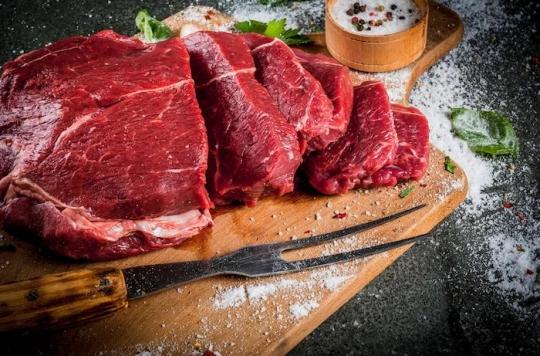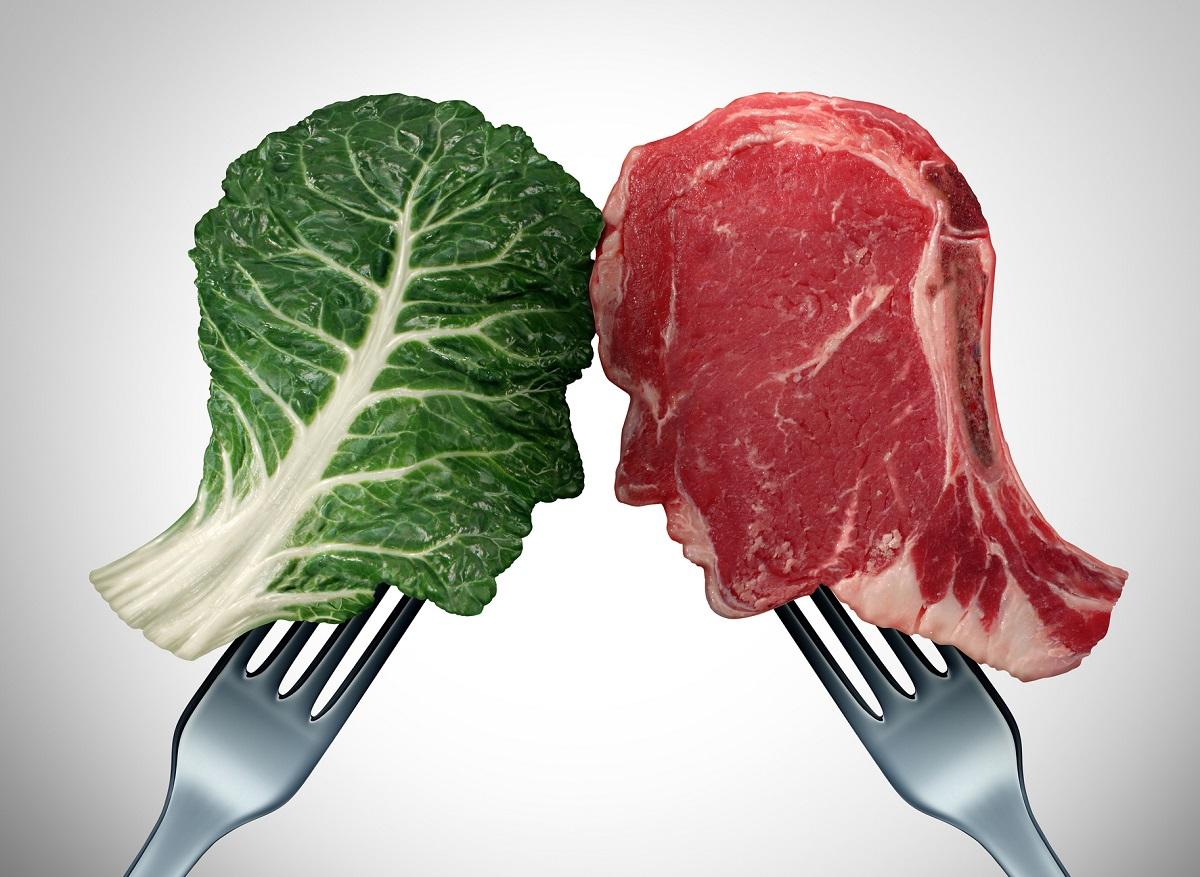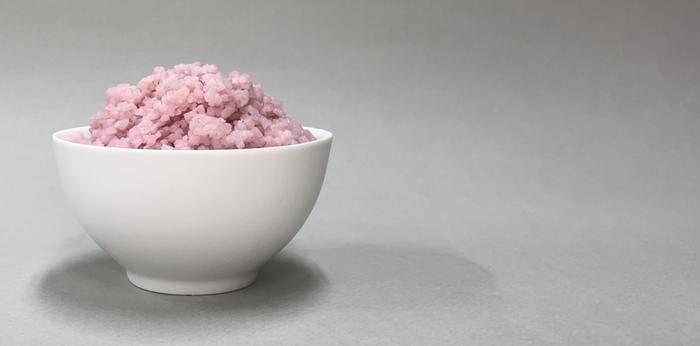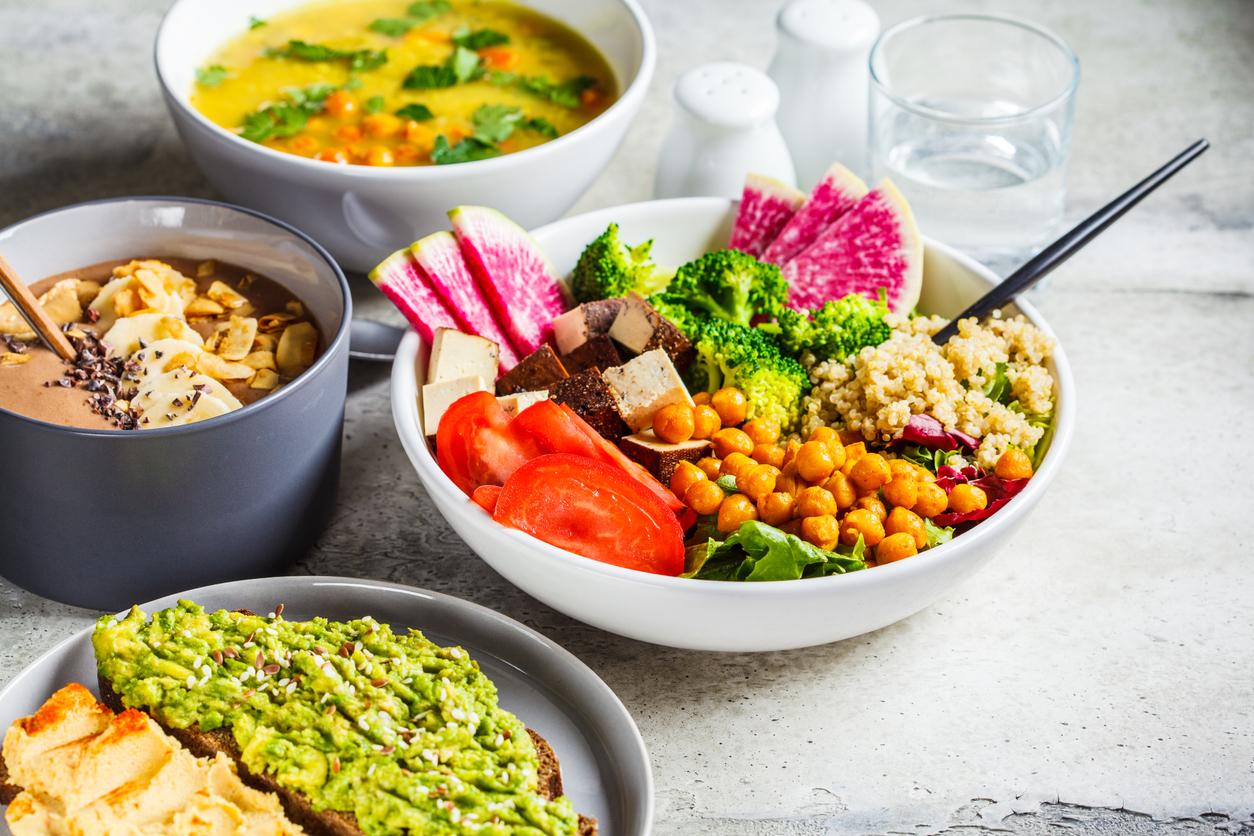The French consume 12% less meat than 10 years ago. Several factors explain these figures, including the evolution of lifestyles, the price of meat, but also the health benefits.

In France, consumption of meat, particularly beef, has fallen by 12% in the space of just ten years. Change in society but also concern for the environment and animal welfare, all these factors mean that we have more and more “flexitarians” in France: they would be 25% to 30% of the French population. “Flexitarianism” consists of reducing your meat consumption, without depriving yourself of it every day like vegetarians. A few days ago, 500 French personalities launched a call to no longer consume animal flesh at least once a week to save the planet.
Better for the environment and… health!
The reasons for these developments are numerous. After the many food scandals of recent years (mad cow disease, horse lasagna, videos of slaughter conditions, etc.), the French may have less confidence in the meat industry. But these choices can also be guided by health issues: in October 2015, the WHO warned of the carcinogenic effects of excessive meat consumption.
The 500 celebrities calling to stop eating meat on Mondays signed a column in Le Monde, explaining their choice: for them, it’s about protecting the environment (it takes 13,500 liters of water for 1 kg of beef) but also about our health. “Human health is the second objective reason for limiting the consumption of animal flesh. The interest that human beings have developed for meat no longer offers the same benefits today as during other periods of human evolution” , can we read.
Less risk of cardiovascular disease, diabetes and obesity
“More generally, if humanity opted for a diet entirely based on plants, the human mortality rate would drop between 6% and 10%”, explain the signatories of the forum. Eating less meat would indeed help reduce the risk of cardiovascular disease, diabetes and obesity. Red meat, processed or not, is also the cause of certain cancers.
“Finally, the health risks associated with factory farming are another major detriment: factory farms that group together thousands of animals in very confined spaces facilitate the spread of epidemics and bacterial strains, some of which are resistant to antibiotics” , continue the authors. This is probably why the French consume less meat, but prefer quality meat, for example meat from local breeders or French butchers.
Eat without meat, but balanced!
Also, the belief that “you can’t have a meal without meat” is dying out. We now know that it is perfectly possible to have a balanced diet by replacing vegetable proteins with animal proteins: soy, cheese, egg, lentils, quinoa… Many foods are full of them.
This is why “vegetable steaks” are multiplying in stores (soya steak etc.). The only difference between these two types of protein is in the assimilation of the body: vegetable proteins are less well assimilated. In addition, if the diet is not adapted to compensate, there may be deficiencies (in vitamins B12, iron, etc.).

.

















